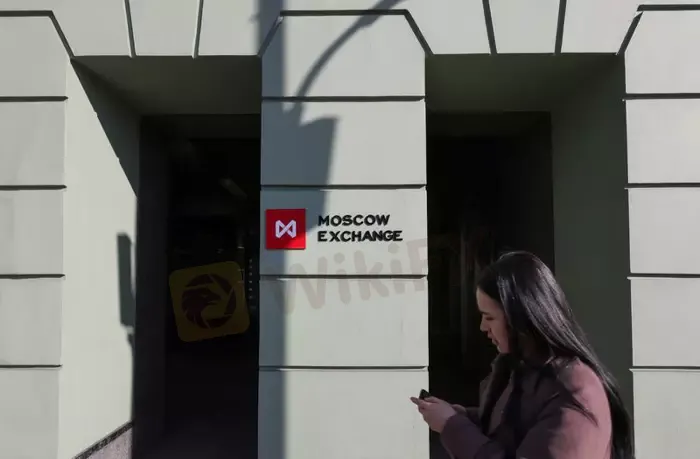简体中文
繁體中文
English
Pусский
日本語
ภาษาไทย
Tiếng Việt
Bahasa Indonesia
Español
हिन्दी
Filippiiniläinen
Français
Deutsch
Português
Türkçe
한국어
العربية
Moscow Exchange to reduce use of dollars as collateral
Abstract:The Moscow Exchange will cut the maximum amount of dollars it will accept as collateral to underwrite transactions, it said on Monday, as Russia is seeks to reduce its dependence on currencies of countries that have imposed sanctions on it.

Russian authorities have voiced concerns about individual and corporate holdings of dollars and other currencies that it terms “unfriendly”, calling for their conversion into alternatives.
The Moscow Exchange – the countrys largest bourse – said it will from Aug 15 halve the proportion of dollars in the collateral that users of its platform provide to carry out transactions to 25% from 50%.
De-dollarisation in Russia has gained pace since Western countries imposed unprecedented sanctions after Russia sent tens of thousands of troops into Ukraine on Feb. 24. The sanctions have impaired Moscows access to international economic and global trading systems.
The central bank said on Monday it planned to differentiate the cost of foreign currency loans for legal entities and their investments in debt securities depending on whether they were denominated in currencies of friendly or unfriendly countries.

Disclaimer:
The views in this article only represent the author's personal views, and do not constitute investment advice on this platform. This platform does not guarantee the accuracy, completeness and timeliness of the information in the article, and will not be liable for any loss caused by the use of or reliance on the information in the article.
Read more

Big News! UK 30-Year Bond Yields Soar to 25-Year High!
Following the successful auction of 30-year government bonds by the UK, the yield on 30-year bonds surged, reaching its highest level in 25 years. This increase reflects growing concerns in the market over the government's fiscal policies and large-scale debt issuance.

Beware of Fraudulent Letters: Malaysia’s Securities Commission Issues Warning
The Securities Commission Malaysia (SC) has raised an alarm over fraudulent letters and emails falsely claiming to be from the regulatory body. These fake communications are allegedly tied to illicit investment schemes that seek payments from unsuspecting investors.

Singapore’s New Law Allows Police to Freeze Scam Victims’ Bank Accounts
Singapore has enacted a new law enabling police to freeze bank accounts of scam victims as a last-resort measure to prevent financial losses.

Rising U.S. Corporate Bankruptcies Deepen Economic Concerns
In 2024, 686 U.S. companies filed for bankruptcy, marking the highest number since 2010.
WikiFX Broker
Latest News
Ghana Trader Jailed for $300K Forex and Crypto Scam
US Dollar Surge Dominates Forex Market
Hong Kong Police Bust Deepfake Crypto Scam Syndicate Involving $34 Million
Is it a good time to buy Korean Won with the current depreciation?
Pepperstone Sponsored the "Aston Martin Aramco Formula One Team"
ACY Securities Integrates MetaTrader 5 to Enhnace Copy Trading Service
Soegee Futures Review: Should You Trust This Broker?
Malaysian Pilot Loses RM1.36 Million in UVKXE Investment App Scam
Indonesia officially joins the BRICS countries
Attention! Goldman Sachs Cuts Gold Target to $2910
Currency Calculator






